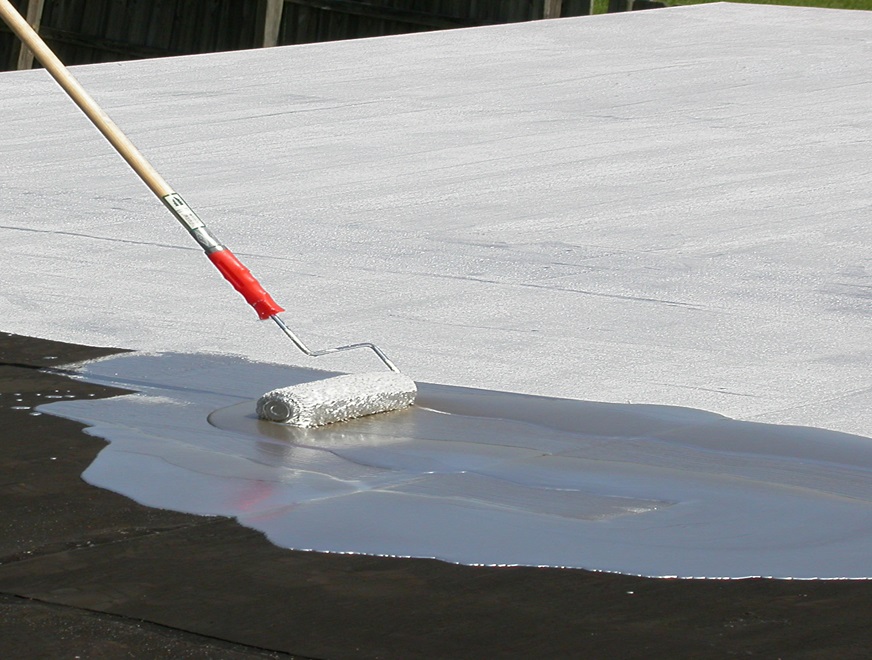Amidst urban environments, in areas where space is at a premium and the conditions can be harsh, efficient waterproofing strategies are crucial for upholding the well-being of properties. Water intrusion not only jeopardizes the physical integrity of properties but also contributes to a host of financial issues, ranging from fungal growth to base damage. As a householder, understanding the importance of complete waterproofing strategies can save you thousands in fixing costs and make sure your living area remains safe and cozy.
This piece explores novel waterproofing solutions designed for metropolitan homes, diving into the basics of why waterproofing is necessary and what you ought to know to protect your house. We will clarify common fallacies, identify signs that your home might need urgent action, and guide you through both DIY fixes and professional options. Whether it's protecting your cellar from water damage or making sure your roof is ready to withstand the elements, we've got you assisted with the definitive manual to modern waterproofing methods.
An Fundamentals of Moisture Protection: An Guide
Moisture protection is a vital procedure for shielding homes and buildings from moisture intrusion. It includes methods and materials designed to stop water intrusion, thereby protecting structural integrity and enhancing general durability. Ignoring waterproofing can lead to serious problems like mold development, damage to foundations, and costly repairs. Recognizing the need of waterproofing is the first action towards maintaining a secure and wholesome home environment.

The method of waterproofing varies depending on the area and requirements of a property. Essential areas that frequently need attention include basements, ceilings, walls, and external buildings. Every area has unique requirements and issues that must be tackled to effectively prevent water from penetrating. This makes it essential to evaluate the individual needs of a home and implement targeted waterproofing strategies.
Putting money in waterproofing not only safeguard a home but also contributes to its thermal efficiency. Effective waterproofing can enhance insulation, reduce heating and cooling costs, and promote healthier indoor air quality by reducing moisture issues. Clearly, waterproofing is not just a preventive measure—it is an essential aspect of prudent homeownership that can reduce expenses and improve the living conditions for occupants.
Comparative Analysis: DIY vs. Professional Moisture Protection
When considering waterproofing options, homeowners often weigh the pros of tackling the project themselves against hiring professionals. DIY waterproofing can be attractive due to possible cost reductions and the satisfaction of finishing a project on their own. Many property owners experience success in limited areas, such as bathrooms or decks, using readily available waterproofing products. However, this approach requires a substantial investment of time and energy, along with a willingness to understand the details of proper techniques to prevent common mistakes that could lead to inadequate protection.
On the flip side, professional waterproofing solutions bring expertise and skill to the situation. Professionals are typically well-versed in various waterproofing techniques and products, ensuring the job is done efficiently and properly. They can precisely assess the unique needs of your property, spot potential issues, and implement thorough solutions that DIY approaches might overlook. Although this choice involves elevated upfront costs, it may save property owners from expensive repairs down the line due to water damage that resulted from improper installation.
Finally, the decision between DIY and expert waterproofing depends on factors such as the difficulty of the job, the homeowner's skill level, and their budget. For minor repairs or upkeep, DIY methods might suffice, but for more extensive projects or areas prone to significant water intrusion, investing in professional services could provide extra peace of mind and durable results. Choosing the appropriate approach is essential to ensuring maximum protection against water damage for urban homes.
Long-Term Advantages of Effective Moisture-Proofing Methods
Investing in effective waterproofing methods provides numerous lasting benefits for city residences and buildings. One of the most significant advantages is the avoidance of costly water damage restorations. french drain installation can lead to structural integrity issues, mold growth, and damage to belongings, which can accumulate over the years. By tackling moisture-proofing appropriately, homeowners can save thousands of money that would otherwise spent on extensive restoration work and renovation.
An additional vital advantage of adequate waterproofing is the increase of real estate worth. Homes and properties that are properly kept and void of water damage are more appealing to prospective buyers. A building with sound waterproofing practices in place indicates to buyers that the structure has been cared for, making it more likely to hold its value or even appreciate over time. This is particularly crucial in competitive city real estate markets where initial perceptions can greatly influence property values.
Effective waterproofing strategies also play a role to improved energy efficiency. Water and water intrusion can compromise insulative properties, leading to increased heating and cooling expenses costs. By preventing water leakage and ensuring a dry setting, waterproofing helps to optimize a building's energy performance. This not only lowers utility bills but also promotes environmentally friendly practices, matching with the growing focus on sustainable building and home maintenance.
